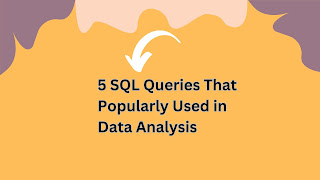Accenture Plc., which has 40% of its global big data analytics team based in India, plans to tap the country’s high-end analytics market in anticipation of an increase in demand driven by the government’s Digital India programme.
The National Democratic Alliance (NDA) government’s Digital India initiative is aimed at delivering government services electronically in urban and rural areas, cutting out human intervention and closing the gap between digital haves and have-nots.
It will act as an umbrella plan to integrate and synchronize all digital initiatives including the national broadband plan and the domestic manufacturing policy.
“Big data analytics will play a major role in the whole digital disruption that is happening in India today,” said Arnab Chakraborty, managing director for advanced analytics at Accenture Digital.
“Mobility has leapfrogged in India and the whole ‘Make in India initiative’ has caught up strongly in the last six to eight months with the new leadership coming in.” Globally, Accenture is collaborating with many state governments and agencies in the areas of healthcare, education, electricity discussions around smart cities and combating crime.
In the UK, for instance, Accenture is looking at identifying gang behaviour. In Singapore, it is studying crowd behaviour. In India, said Chakraborty, Accenture is working with a state government to improve childcare and safety, with state electricity boards on smart grids as well as with police forces in the states of Uttar Pradesh and Bihar to provide analytics to predict crime.
“We are trying to do facial recognition to understand the mood of the crowd... in the policing space in India, we are leveraging a lot of these things that we are doing in other countries,” said Michael Svilar, managing director and global lead for advanced analytics at Accenture Digital.
He added that the company does “not want to get to the point where we are arresting people before they commit a crime, but the idea of using analytics is to predict likely behaviour that is behind crime that occurs”.
According to Chakraborty, a lot of demand for high-end analytics is also coming from the telecom sector, which is looking at new revenue streams using analytics by becoming the provider of Internet of Things (IoT) services to other sectors, and resources including mining, oil and gas, utilities, which recently adopted analytics, but are now deploying sensors to harness the power of artificial intelligence.


.jpg)

Comments
Post a Comment
Thanks for your message. We will get back you.